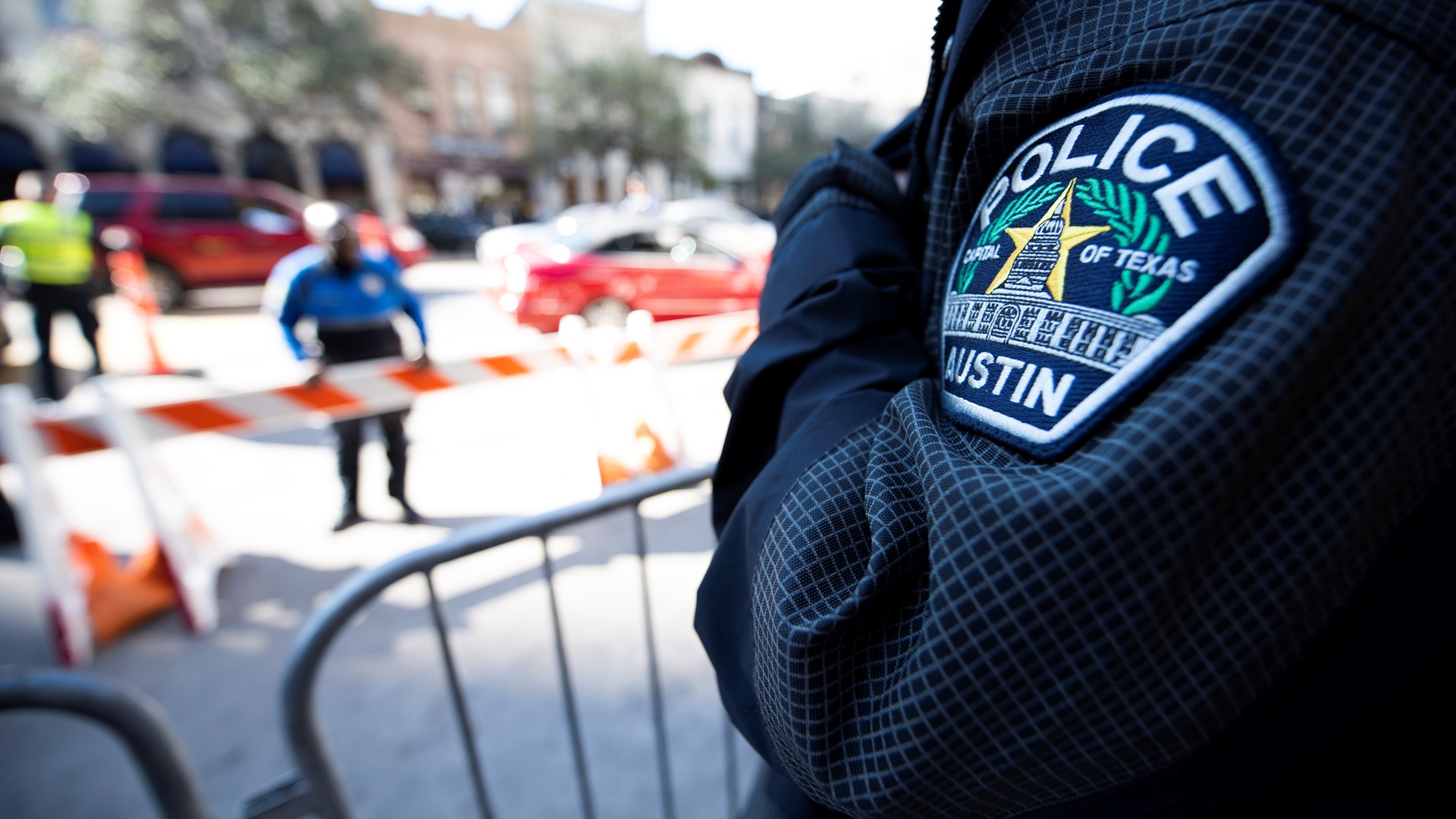AUSTIN, Texas — The Austin Police Department (APD) will face questions in court about whether it restricted evidence from Travis County prosecutors and defense attorneys in violation of state law.
According to KVUE’s news partners at the Austin American-Statesman, APD says it regularly restricts evidence, including body camera footage, to protect the integrity of a case. The department told KVUE this restricted access, however, is only internal, ensuring only necessary APD personnel have access to case file evidence. Once sent, the receiving agency has full access to the shared evidence, APD said.
A joint statement from APD and the Travis County District Attorney's Office says recent changes to the sharing process caused the issue. It said changes to “business process” and “technology” in recent months “led to complications related to the sharing of evidence” that both offices were working to address.
The information came to light last Friday during a pretrial hearing for a murder case that was set to begin on Monday. Prosecutors said they never received body camera footage from police, so it was never shared with defense attorneys.
The case centers around the shooting death of Jorian Donte Hardeway in March of 2021. Adriean Benn is charged with his murder and has pleaded not guilty.
The case has now been postponed to October, and the judge in the case has ordered APD to appear in court on Wednesday to say why the evidence was withheld.
APD denies withholding the videos, saying its records show it provided the evidence in 2021. The department said it “does not believe it has violated any rules of evidence handling laws.”
An APD spokesperson also said the department is committed to providing the district attorney and other partner agencies with thorough access to all evidence. APD provided KVUE with the following statement:
"The relationship with the Austin Police Department and the Travis County District Attorney’s Office is essential to the safety of our community. APD continuously works closely with the DA’s office to ensure justice is served in every case by providing thorough access to all evidence. Over the past few months, there have been changes in business processes and technology at both offices which have created the challenges we face today. Both offices are working diligently to address the issues that led to complications related to the sharing of evidence."

